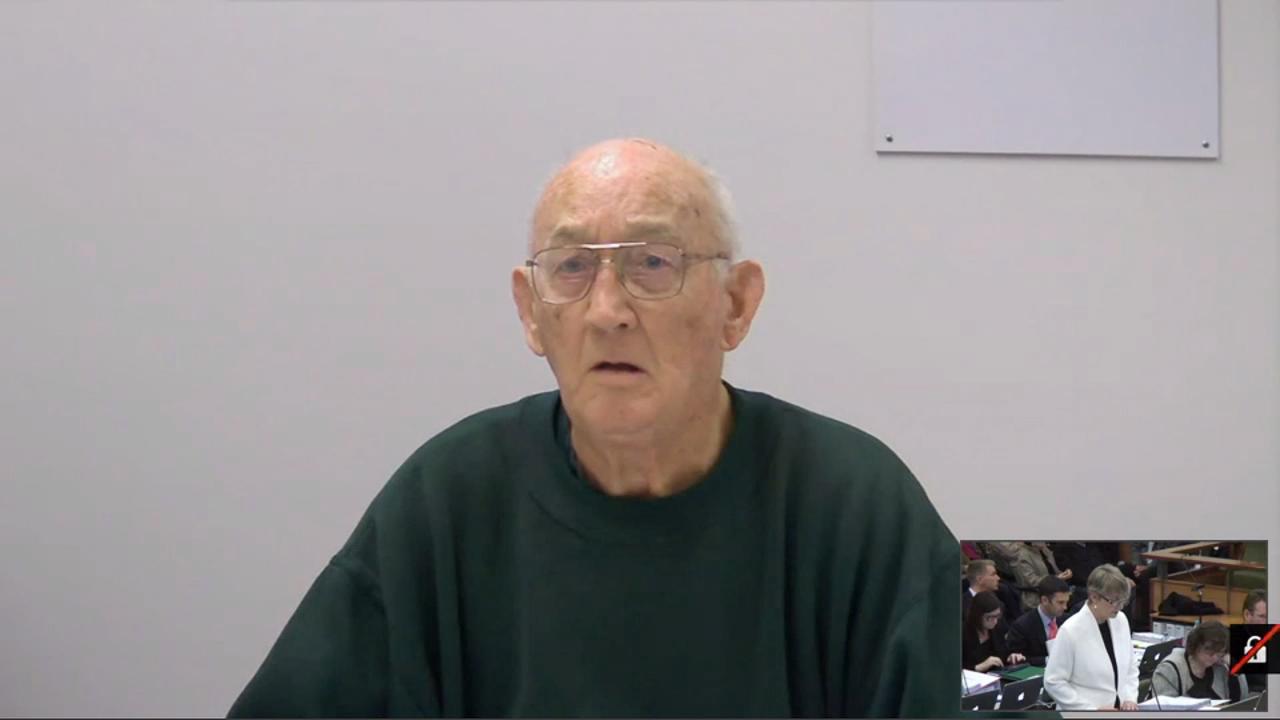Victims may need support to testify at child sex abuse inquiry
AUSTRALIA'S peak legal body says it is "not clear" whether the royal commission has the power to override confidentiality agreements.
AUSTRALIA'S peak legal body says it is "not clear" whether the royal commission into child sexual abuse has the power to override confidentiality agreements, despite assurances from the Attorney-General, Nicola Roxon, that all survivors can be heard.
As the six commissioners prepare to meet in Sydney tomorrow for the first time since their appointment, victims and lawyers called for further clarity on the key issue and said legislation might be needed to protect survivors from the risk of breaching old legal settlements.
Ms Roxon has insisted that past settlements should not prevent victims giving evidence because the commissioners had the authority to compel witnesses to give evidence "regardless" of private agreements.
But Law Council of Australia president Joseph Catanzariti says the power of the Royal Commissions Act 1902 was not definitive on this subject. "It is not clear whether the provisions of the act would override any confidentiality agreement signed by persons answering questions before the royal commission," he said.
"The Law Council notes that the Attorney-General has been reported as stating that the royal commission's powers will enable it to override confidentiality agreements and issue immunities. However, this may need to be done on a case by case basis."
Australian Lawyers for Human Rights president Stephen Keim SC has also warned that there is a gap in this legal protection for victims from confidentiality clauses as it applies only when subpoenas are issued for people to give evidence.
He says survivors may not be protected prior to this period -- when they are contacting the commission about giving evidence in the first place -- and called on the government to legislate to address this loophole.
"We have concerns," Mr Keim said. "Normally most private confidentiality agreements where a settlement has been made would surrender to the legal process but what may be a problem is that people are restricted from contacting the commission. To be subpoenaed, you have to approach the commission.
"I think there needs to be some sort of provision, either legislation or some other way, so people who are subject to confidentiality agreements can contact the royal commission to at least outline their evidence."
While Ms Roxon is leaving key decisions up to the six commissioners, she has sought to end fears that victims will be silenced.
"The powers of the royal commission include the ability to compel witnesses to give evidence and to produce documents. These powers operate regardless of private agreements," said a spokesman for the Attorney-General. "If a witness is summoned to attend or appear before the commission, they are required to attend and give any evidence sought, subject to the existence of a reasonable excuse.
"Courts have declined to regard a confidentiality obligation as a reasonable excuse."
Child sexual abuse victim Mike Alexander yesterday wrote to Julia Gillard about the issue, saying he feared institutions would use confidentiality agreements to prevent victims giving evidence as they have done in past state-run inquiries. "I am positive there will be legal action(s) as to the conditions of the settlement by past religious institutions, denominations, federal & state governments and other parties," he wrote.
Child advocacy group Bravehearts wants the commission and the government to release a public statement clarifying restrictions on confidentiality.


